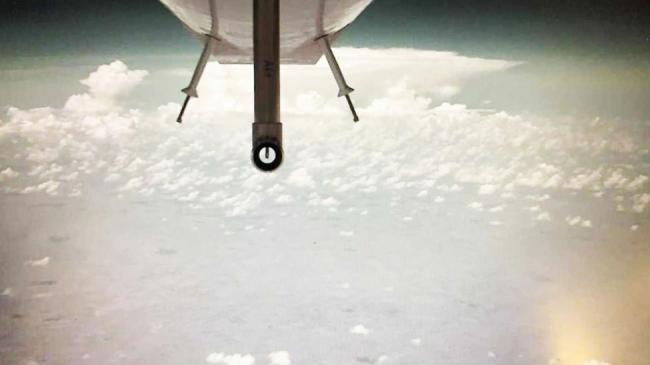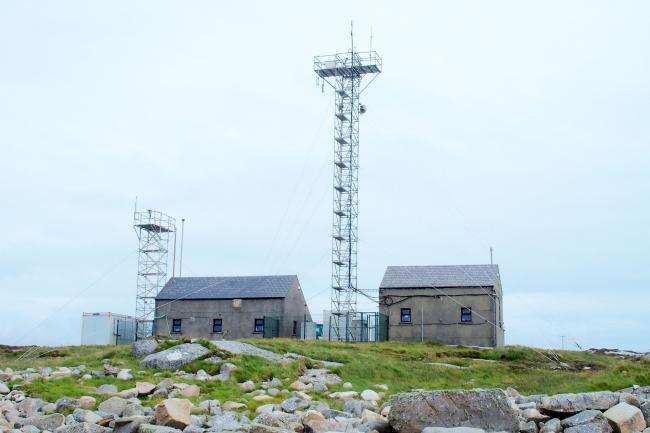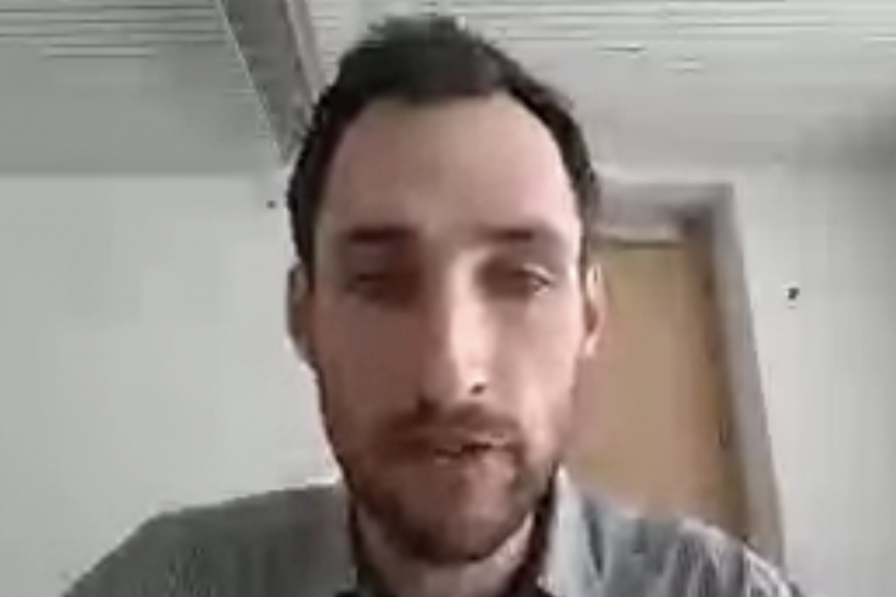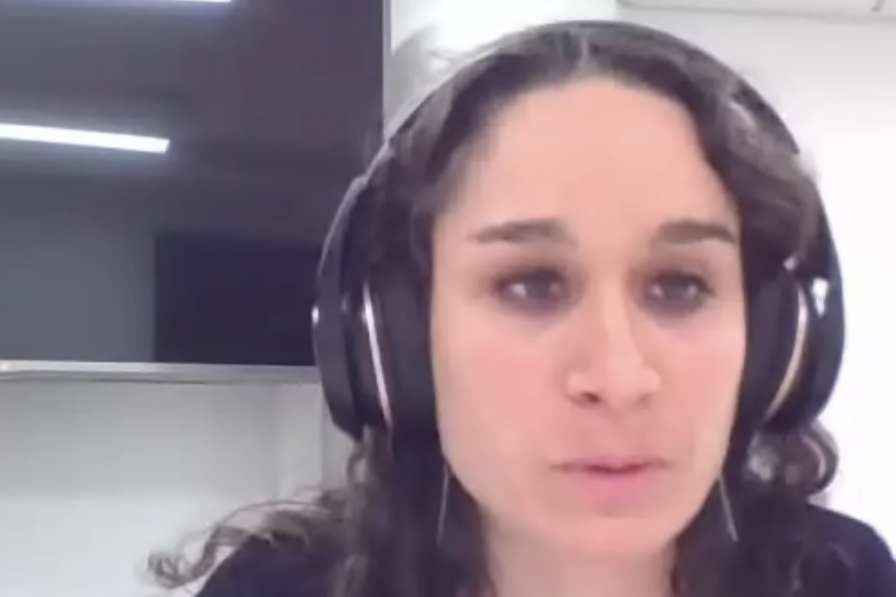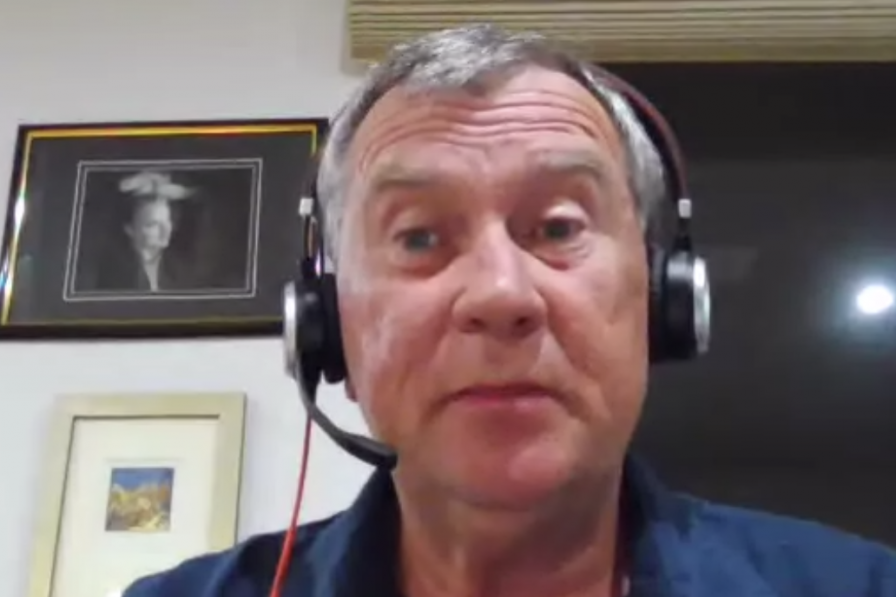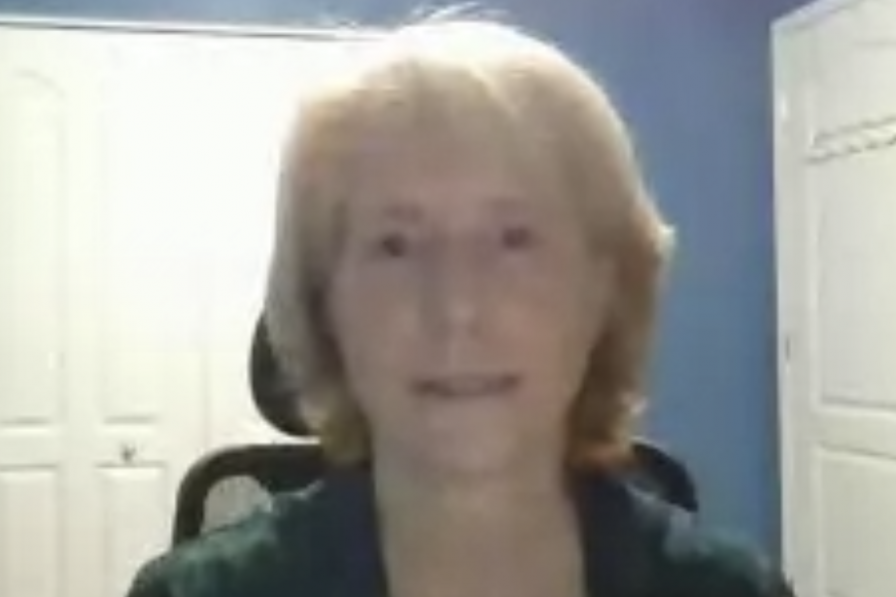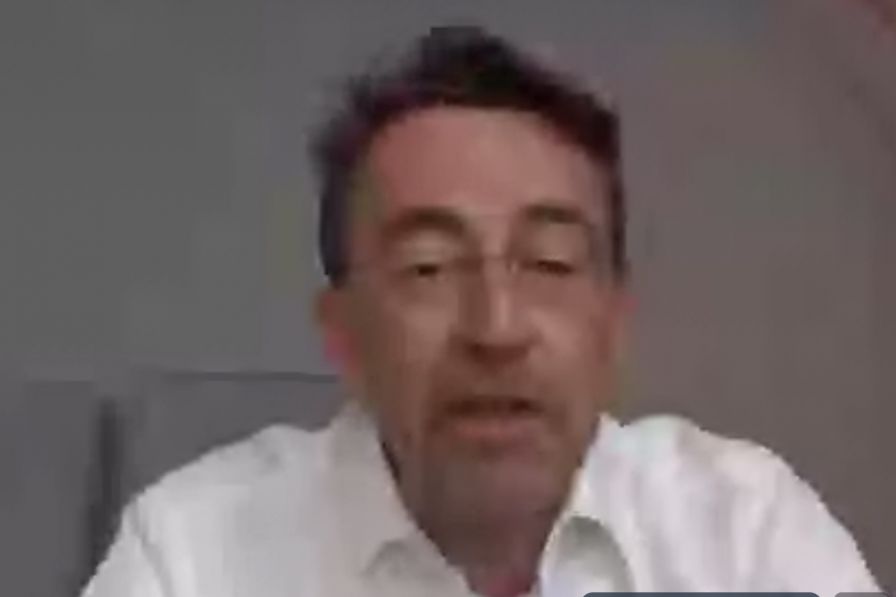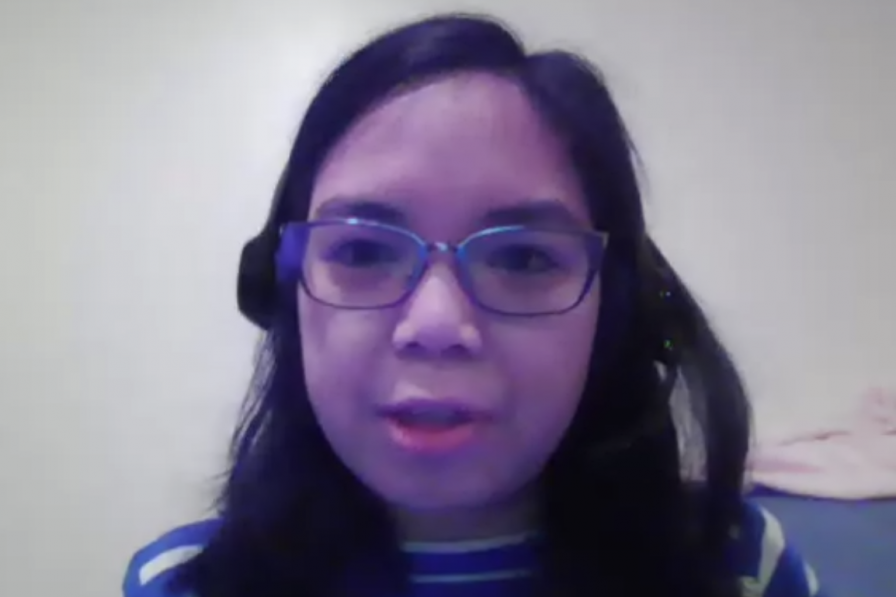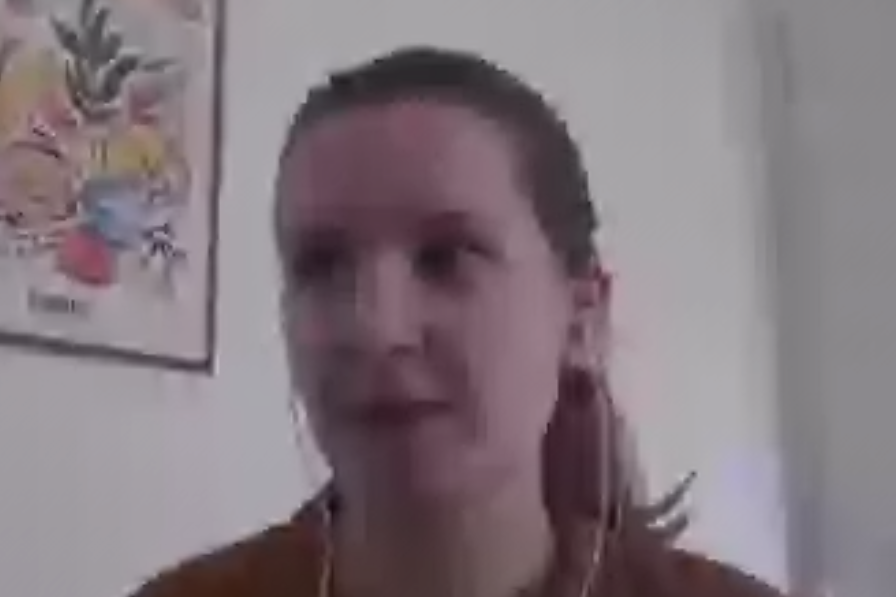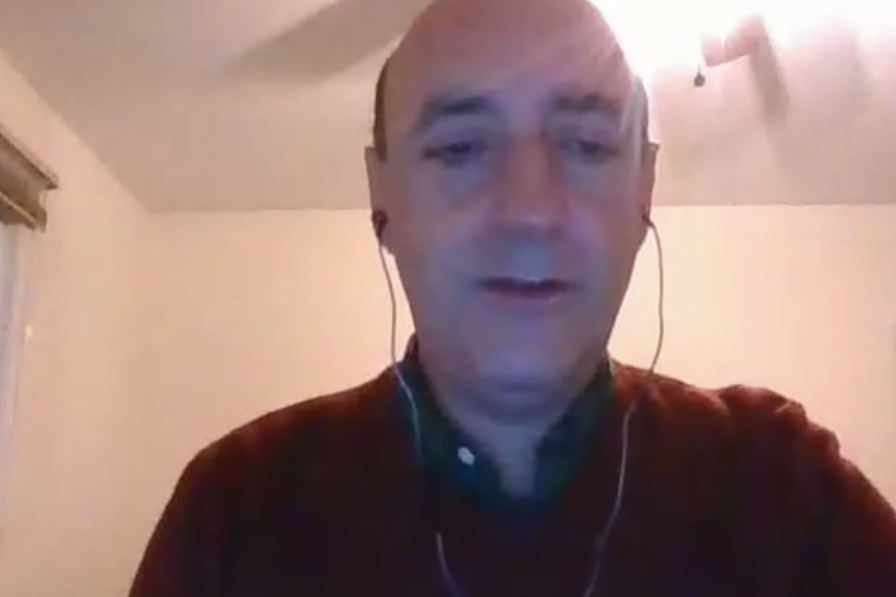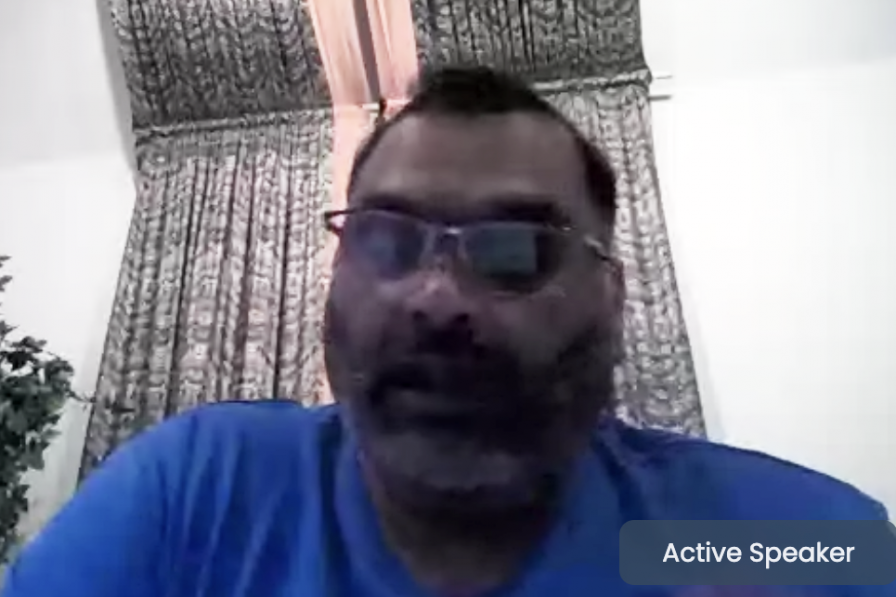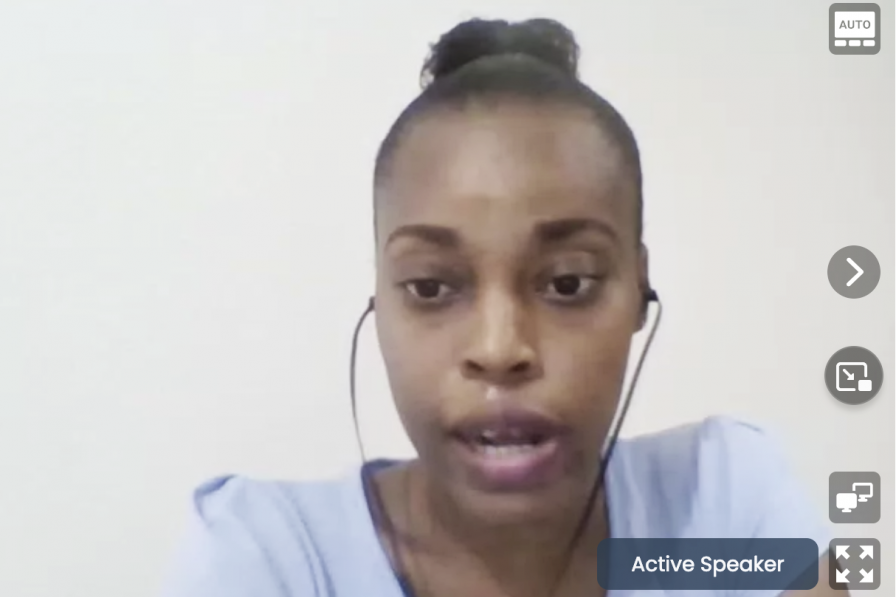Monitoring is key to quickly addressing any unexpected emissions, which can jeopardize the recovery of the ozone layer. In contrast to rich nations, many developing countries do not always have access to the technologies that monitor the ozone layer and emissions of controlled substances. The inequity in monitoring capacities was addressed in a draft proposal considered by the combined twelfth meeting of the Conference of the Parties (Part II) of the Vienna Convention and thirty-third Meeting of the Parties to the Montreal Protocol (COP 12(II)/MOP 33). Convening in the preparatory segment, delegates opened discussions on issues specifically related to the Vienna Convention.
They first discussed a draft decision related to recommendations furnished by the Convention’s Ozone Research Managers (ORM), who are tasked with reviewing ongoing national and international research and monitoring programmes to ensure inter-programme coordination and identify gaps. Among other issues, the decision encourages parties to prioritize the establishment or maintenance of long-term capacity and infrastructure for the monitoring and observation of controlled substances. The proposal also encourages parties to prioritize capacity-building activities in developing countries by providing training and assistance to expand those countries’ scientific capacity and participation in ozone research activities.
In close relation, delegates also considered a proposal related to the General Trust Fund for financing activities on research and systematic observations relevant to the Vienna Convention. The proposal acknowledges the importance of the activities that the General Trust Fund funds, and encourages parties to make contributions to the Fund to improve the global monitoring system. The proposal also requests the Advisory Committee to, among others, identify gaps and needs in research and monitoring of ozone and related climate variables and parameters, and facilitate the relocation of unused Dobson and Brewer instruments to new observation programmes. Welcoming both draft decisions, delegates agreed to forward them for adoption at the high-level segment, which will convene on Friday, 29 October 2021.
When plenary adjourned for the day, delegates convened in a contact group on gaps in monitoring, co-facilitated by Ulrika Raab (Sweden) and Samuel Paré (Burkina Faso). The Budget Committee, chaired by Nicole Folliet (Canada), met in parallel.
COP 12(II)/MOP 32 is meeting online (due to the COVID-19 pandemic) from 23-29 October 2021, from 2:00 – 4:00 PM East Africa Time.
To receive free coverage of global environmental events delivered to your inbox, subscribe to the ENB Update newsletter.

